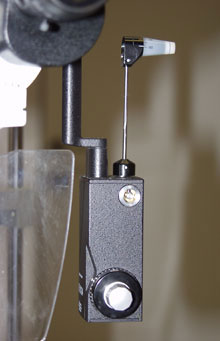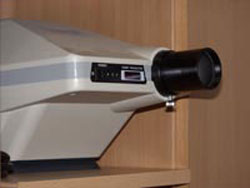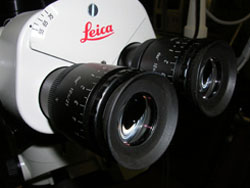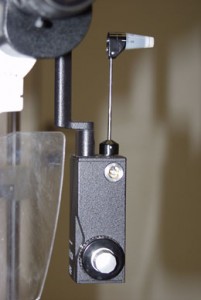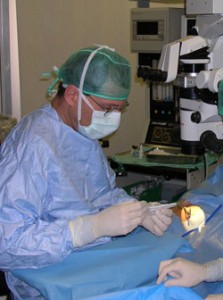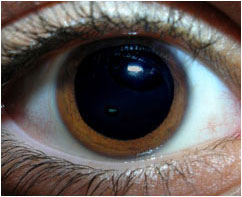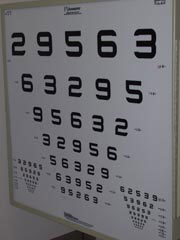 Patients who come to me complaining of a decline in their eyesight undergo a comprehensive series of tests in my clinic in order to carefully diagnose the cause of the deterioration in their vision. Even if they have previously been examined by other eye doctors, their first examination in my clinic will include an in depth examination, re-evaluating what might be wrong with their eyes.
Patients who come to me complaining of a decline in their eyesight undergo a comprehensive series of tests in my clinic in order to carefully diagnose the cause of the deterioration in their vision. Even if they have previously been examined by other eye doctors, their first examination in my clinic will include an in depth examination, re-evaluating what might be wrong with their eyes.
There are many possible reasons for reduced vision, amongst them: cataract, bleeding within the eye, retinal disease, glaucoma, diseases of the cornea, infections and inflammation of the inner eye, as well as many other diseases which affect the eyes. If, following the comprehensive eye examination, it becomes evident that the cause of blurred vision is a cataract, I will offer an explanation of the various options that we have in order to improve that person’s vision.
During the course of the visit it will be decided whether the cataract is ready for surgery. Since cataract surgery is usually not urgent, if desired, it is possible to wait even a number of months before performing the actual surgery. This is particularly applicable should the patient feel that the visual disturbance does not affect his, or her, quality of life, or that the patient is not currently interested in surgery for other reasons. On the other hand, it is important that the patient understand that the vision in the affected eye will continue to gradually deteriorate, whereas surgery, in the majority of cases, significantly improves vision, and stops the cataract-related deterioration. If it has been decided that the eye is ready for surgery, a date will be set for surgery.
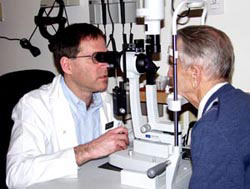
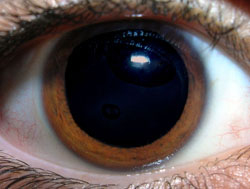
In addition to a thorough eye examination (which has most likely already been performed), a number of tests will be performed, in preparation for cataract surgery. These include such things as measuring the eye in order to determine the power of the lens that will be implanted. This is done in order to ensure that the lens that is placed in the eye will be as suitable as possible for the eye that is undergoing surgery.

